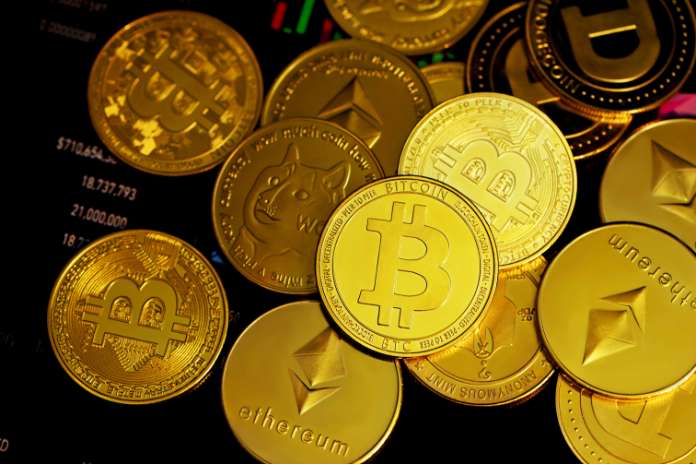Bitcoin Surge: Why It Hit $100K After Trump’s Election

The recent U.S. presidential election victory of Donald Trump has sent shockwaves through the cryptocurrency market. Bitcoin (BTC) has skyrocketed to over $100,000, marking a historic milestone for the digital asset. The surge comes amid speculation about Trump’s pro-crypto stance and the possibility of creating a strategic bitcoin reserve. Let’s explore what drove the bitcoin surge and what the future might hold.
Trump’s Pro-Crypto Policies Spark Bitcoin Rally
Donald Trump’s surprising embrace of cryptocurrency has been central to bitcoin’s unprecedented rise. Once a skeptic, calling bitcoin a “scam,” Trump shifted his stance during the campaign, accepting crypto donations and signaling bold plans to make the U.S. a global crypto leader.
At a bitcoin conference in November, Trump declared, “The United States will be the crypto capital of the planet and the bitcoin superpower of the world.” This statement, coupled with his pro-crypto appointments, has fueled market optimism.
Notably, Trump appointed billionaire David Sacks, a long-time bitcoin advocate and part of the PayPal Mafia, as his AI and crypto czar. Sacks has been a vocal proponent of cryptocurrency since 2013, describing bitcoin as “the internet of money.”
The Strategic Bitcoin Reserve: A Game Changer?
Central to Trump’s vision is the idea of a U.S. strategic bitcoin reserve. A bill proposed earlier this year by Republican Senator Cynthia Lummis aims to transfer all bitcoin held by federal agencies to the Treasury and allow the government to purchase up to one million bitcoins over five years.
Analysts argue that such a move would cement the U.S. as a cryptocurrency powerhouse. Crypto enthusiasts believe the reserve would trigger a massive bitcoin rally, with predictions of prices soaring to between $250,000 and $500,000 per coin.
Ronnie Moas, founder of Standpoint Research, notes, “The moment a bitcoin reserve is announced, the price will spike overnight by between 25 and 50 per cent.”
Supporters vs. Critics of the Bitcoin Reserve
While supporters hail the reserve as a visionary move, critics like former Treasury Secretary Larry Summers dismiss it as “crazy.” Summers argues that unlike traditional reserves of oil or gold, bitcoin remains an unproven and volatile financial asset.
However, proponents counter that bitcoin’s scarcity and decentralized nature make it a strong hedge against inflation and geopolitical instability. With Trump’s administration likely to streamline crypto regulations, the reserve could accelerate bitcoin’s integration into the global financial system.
What’s Driving Bitcoin’s $100K Milestone?
Several factors have contributed to bitcoin’s meteoric rise:
Institutional Support: Trump’s pro-crypto policies have attracted institutional investors, driving demand and pushing prices higher.
Limited Supply: Bitcoin’s capped supply of 21 million coins ensures scarcity, a key factor in its value surge.
Global Adoption: Nations and corporations increasingly view bitcoin as a digital asset for payments and reserves.
Will Bitcoin’s Rally Continue?
The outlook for bitcoin remains bullish, but volatility is a concern. Bitcoin’s 14-day Relative Strength Index (RSI) indicates overbought conditions, suggesting a potential pullback in the short term.
Nonetheless, long-term growth seems likely as pro-crypto policies and global adoption continue. With Trump’s administration signaling a clear regulatory framework, innovation in the U.S. crypto industry may accelerate.
The Future of Bitcoin Under Trump
Bitcoin’s surge to $100K highlights the transformative potential of cryptocurrency in the financial world. Trump’s pivot to crypto, coupled with the strategic bitcoin reserve proposal, has reshaped market dynamics and investor sentiment.
While critics remain skeptical, supporters see a future where bitcoin becomes a cornerstone of the U.S. financial system. For investors, the key question is not whether bitcoin will continue to grow, but how fast.
Featured Image: Unplash @ Kanchanara



